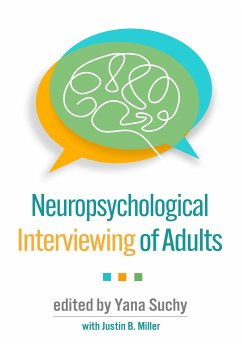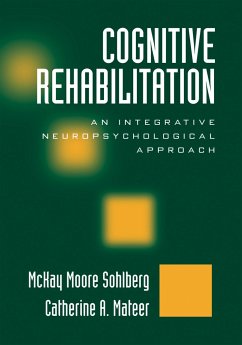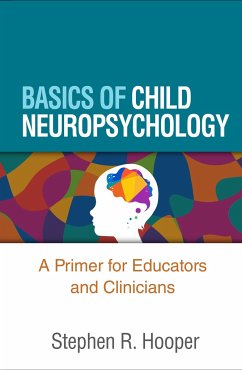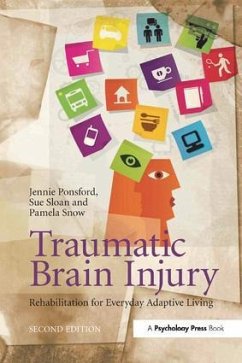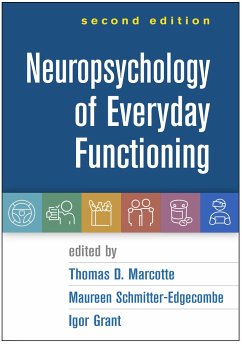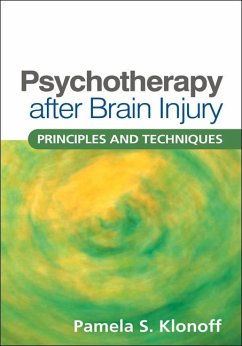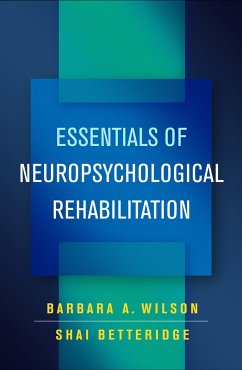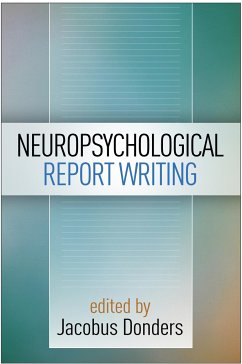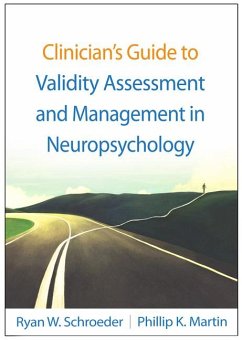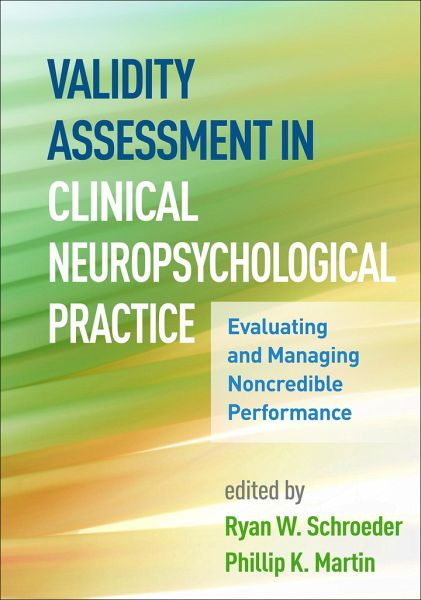
Validity Assessment in Clinical Neuropsychological Practice
Evaluating and Managing Noncredible Performance
Herausgeber: Martin, Phillip K.; Schroeder, Ryan W.

PAYBACK Punkte
55 °P sammeln!
Practical and comprehensive, this is the first book to focus on noncredible performance in clinical contexts. Experts in the field discuss the varied causes of invalidity, how to efficiently incorporate validity tests into clinical evaluations, and how to proceed when noncredible responding is detected.




